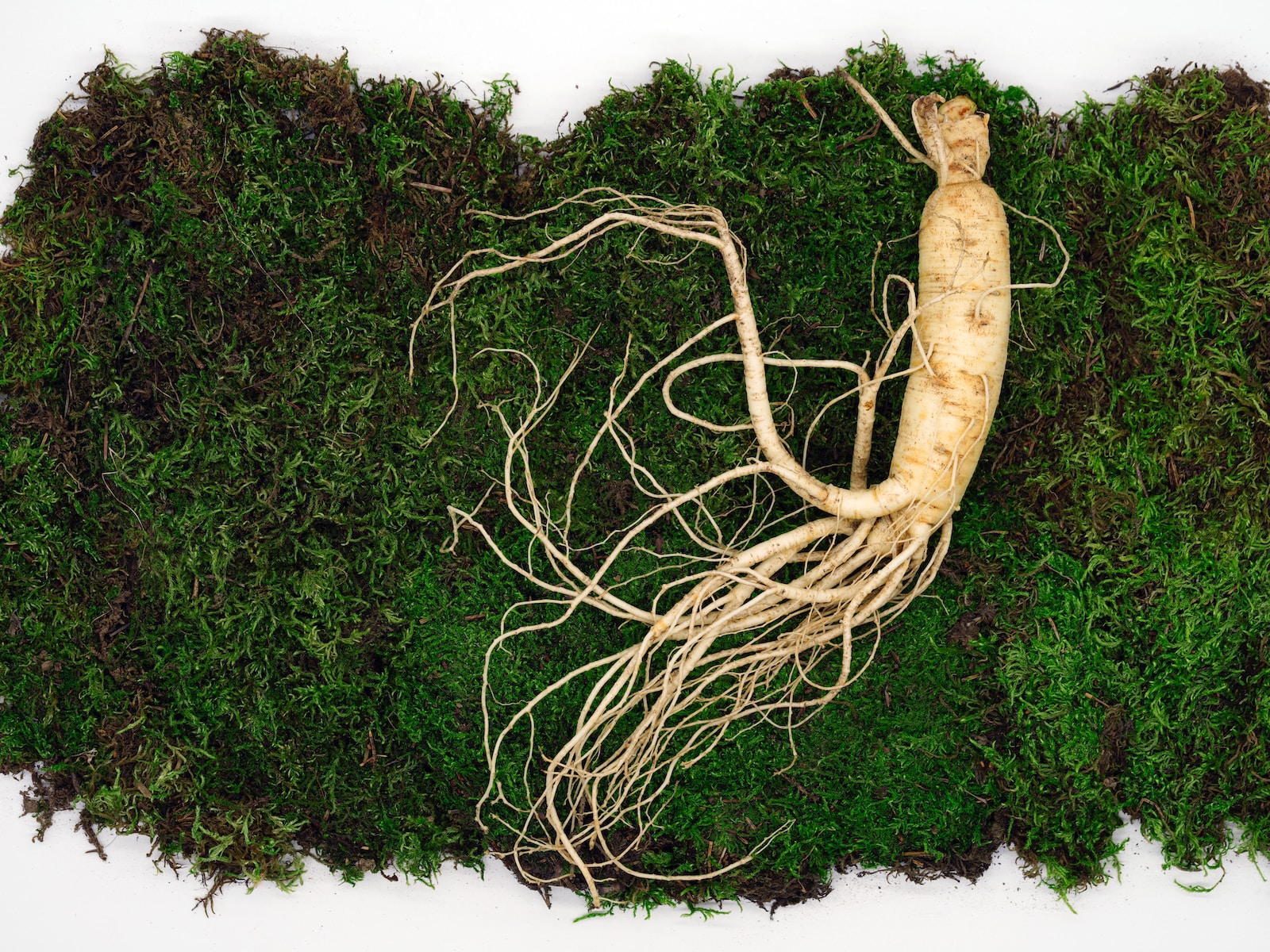Ginseng and high blood pressure: the root that helps with hypertension
Ginseng appears to be unexpectedly effective against hypertension, it does not just lower blood pressure, but in the long run even helps regenerate the cardiovascular system and offers relief from hypertension related diseases such as atherosclerosis, diabetes, metabolic syndrome.
Ginseng has three direct effects on the cardiovascular system:
- Activation of the lining of blood vessels (endothelium) and increase in the endothelium’s production of nitric oxide (NO)
- Stress relief, which limits the damaging effect of stress hormones on the blood vessels
- Activation of vascular growth and regenerative processes
Ginseng improves the blood vessels’ ability to relax and dilate, and while it does not directly lower blood pressure, it facilitates certain biochemical processes the regulate blood pressure. In addition, the stress relieving effect of ginseng prevents hypertrophy of blood vessel walls. The most interesting aspect however may be the long-term stimulating effect of ginseng on vascular growth.
Ginseng can be a welcomed supplement to medication, though it is important that you inform your doctor if you are consuming it.
Ginseng and high blood pressure: possible contraindications
Some extra information on ginseng and high blood pressure. The fact that ginseng’s side effects are rarely spoken of does not mean it does not have any. Ginseng is largely accepted, even in high doses, but prolonged or excessive use could cause insomnia, nervousness and agitation, headache, abdominal pain, loss of concentration, gastrointestinal problems (diarrhea and vomiting) or allergic reactions. Due to its estrogenic effects, which can be useful to contrast the effects of menopause, it can cause vaginal leaking and is not recommended to pregnant or breastfeeding women. Excessive use can also lower blood sugar excessively or cause occasional asthma attacks or palpitations.
Considerable use of Korean ginseng, the most common variety, is not recommended to those who suffer from high blood pressure, due to its higher potency. Other varieties, such as Siberian and American ginseng, seem not to have any contraindication, even at higher doses.
In general, the side effects of ginseng are relatively mild when compared to those of most drugs.
It is a good idea to consult your doctor if you are already on medication for diseases such as diabetes or hypertension as ginseng consumption is generally discouraged in these cases. It should also be avoided after surgery, as it can inhibit blood clotting.
Scientific articles below:
- Rg3-enriched Korean Red Ginseng improves vascular function in spontaneously hypertensive rats (J Ginseng Res. 2014 Oct 15;38(4):244-50) http://www.ncbi.nlm.nih.gov/pmc/articles/PMC4213846/
- Korean red ginseng inhibits arginase and contributes to endotheliumdependent vasorelaxation through endothelial nitric oxide synthase coupling. (J Ginseng Res. 2013 Mar;37(1):64-73)
http://www.ncbi.nlm.nih.gov/pmc/articles/PMC3659627/ - Effects of Korean White Ginseng (Panax Ginseng C.A. Meyer) on Vascular and Glycemic Health in Type 2 Diabetes: Results of a Randomized, Double Blind, Placebo-controlled, Multiple-crossover, Acute Dose Escalation Trial. (Clin Nutr Res. 2014 Jul;3(2):89-97) http://www.ncbi.nlm.nih.gov/pmc/articles/PMC4135246/
- Modulation of endothelial function by Korean red ginseng (Panax ginseng C.A. Meyer) and its components in healthy individuals: a randomized controlled trial. (Cardiovasc Ther. 2014 Aug;32(4):163-9)
http://onlinelibrary.wiley.com/doi/10.1111/1755-5922.12077/pdf


